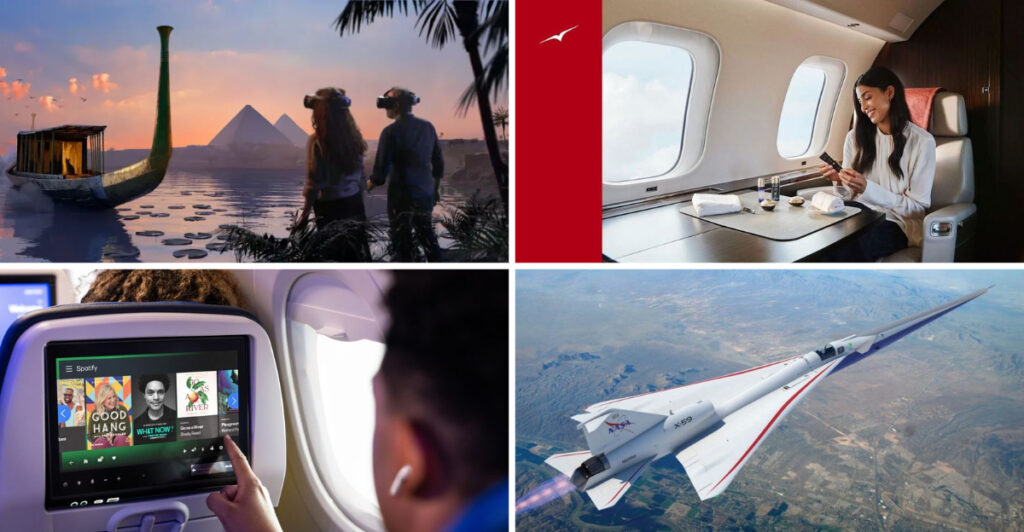The airline industry is poised for a significant transformation by 2025, promising a more efficient, comfortable, and environmentally friendly travel experience. These changes aim to enhance passenger satisfaction, streamline operations, and reduce the carbon footprint of air travel. From technological advancements to policy shifts, the upcoming modifications are set to redefine how we fly. Travelers can expect an array of improvements that will cater to diverse needs while addressing global challenges. Get ready to explore the 15 major changes that will affect every traveler in the coming years.
1. Biometric Boarding
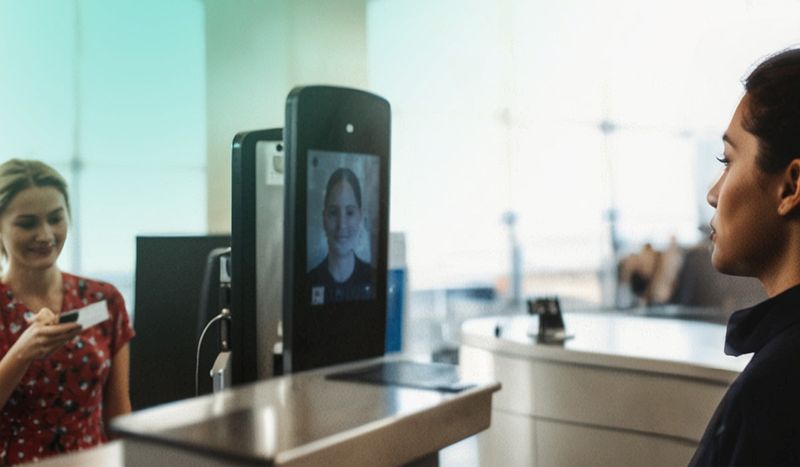
Imagine breezing through the airport without pulling out your ID. Biometric boarding is becoming a reality, making the process swift and seamless. This new system will use facial recognition technology to verify passengers’ identities.
By 2025, many major airports will have implemented this technology, drastically reducing time spent in lines. For frequent travelers, this means more time to relax before a flight.
Critics have raised privacy concerns, but airlines assure measures are in place to protect data. This change represents a significant leap in travel efficiency.
2. Green Aviation Initiatives
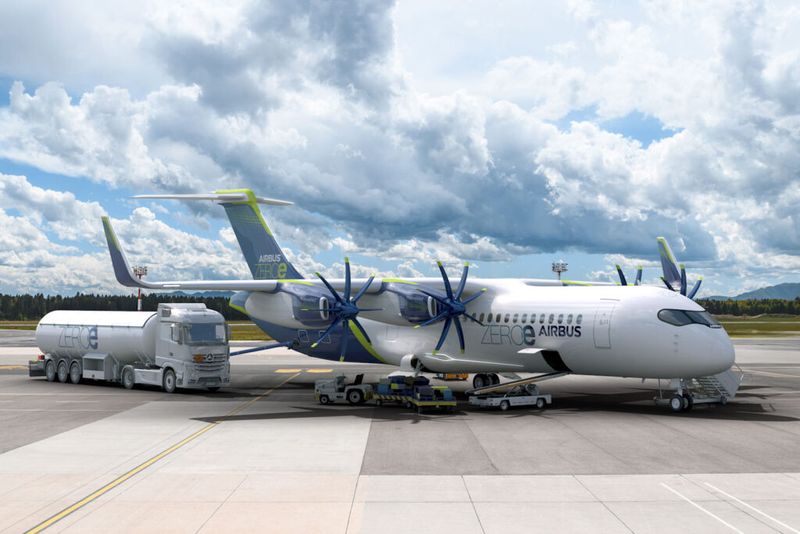
With climate change concerns, airlines are prioritizing green initiatives. New airplanes equipped with solar panels and sustainable fuel options are on the horizon.
These innovations aim to reduce carbon emissions significantly, aligning with global environmental goals. Travelers can feel good about choosing airlines committed to the planet’s future.
By 2025, expect major airlines to announce more eco-friendly practices. The flight of the future isn’t just about speed and comfort; it’s also about sustainability. This shift is essential for environmentally-conscious travelers.
3. In-flight Wellness Programs
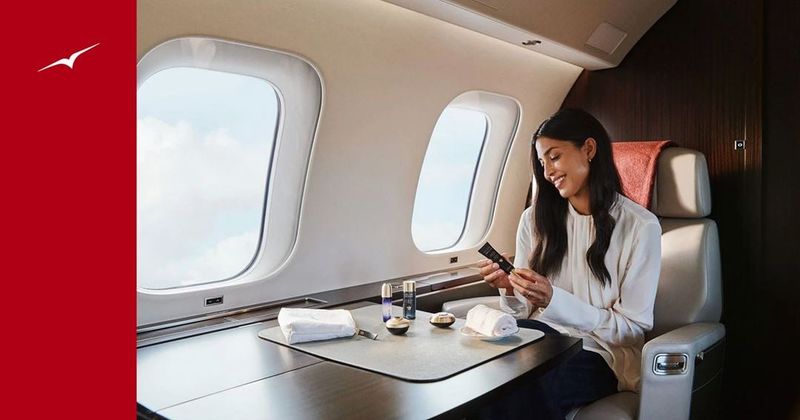
Airlines are now focusing on passenger well-being. In-flight wellness programs, including yoga sessions and guided meditation, are becoming standard.
Long-haul flights can be taxing, but these programs aim to alleviate stress and discomfort. Airlines want to ensure travelers arrive refreshed and relaxed at their destinations.
By 2025, expect more airlines to incorporate wellness into their services. It’s about providing a holistic travel experience that nurtures body and mind, turning a flight into a rejuvenating journey.
4. Supersonic Flights
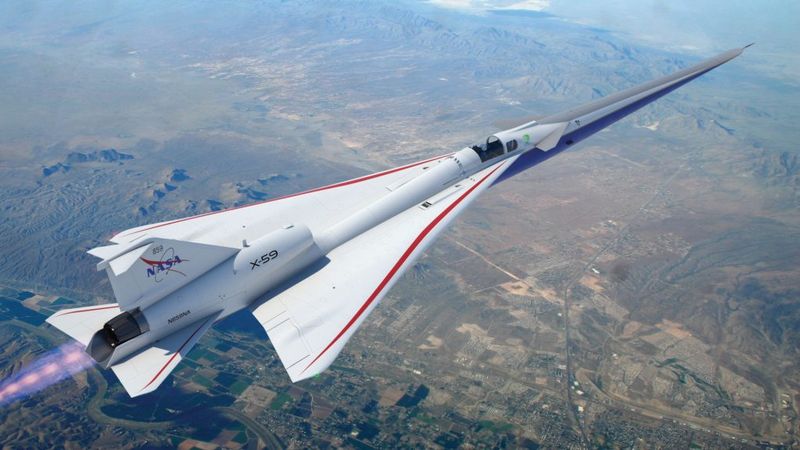
Get ready to reach your destination in half the time. Supersonic flights are set to return, bringing back the thrill of faster-than-sound travel.
These jets promise shorter travel times and a new level of luxury. While ticket prices may be higher, the experience is unparalleled, catering to those who value time and style.
By 2025, select routes will offer these high-speed options, making global travel more accessible. The future of air travel is about experiencing the world faster and in style.
5. Personalized In-flight Entertainment
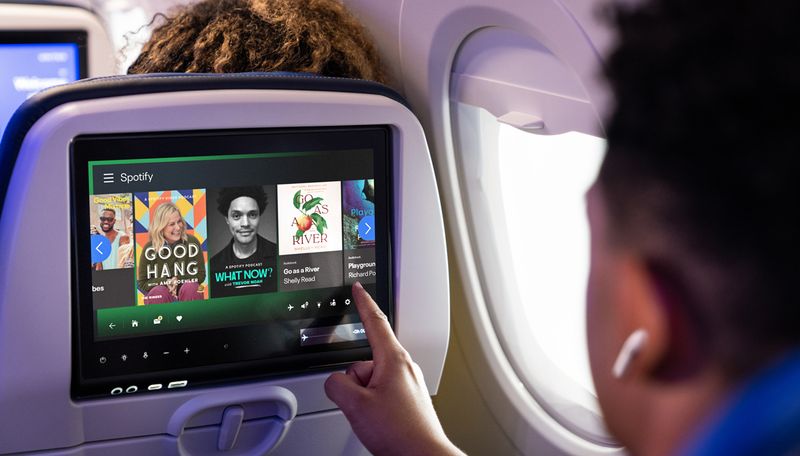
Gone are the days of generic movie selections. Personalized in-flight entertainment systems are set to enhance your travel experience.
These systems will analyze your previous choices to recommend movies, shows, and music tailored to your taste. It’s like having your own entertainment concierge at 30,000 feet.
By 2025, expect more airlines to adopt this technology. It represents a shift towards more individualized service, ensuring every traveler enjoys their journey in their own unique way.
6. AI-Powered Customer Service
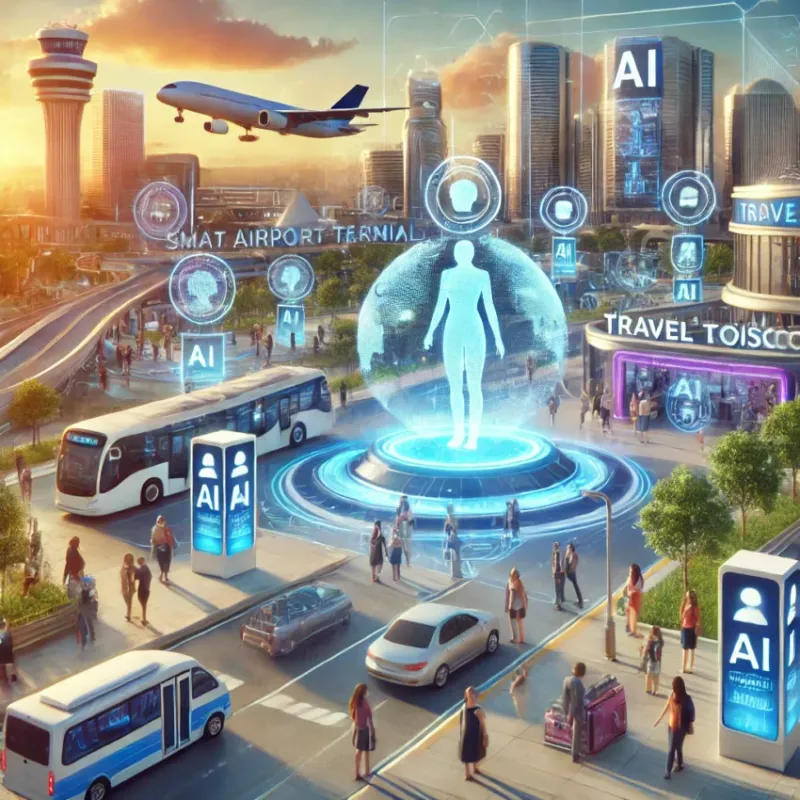
Meet your new travel assistant—AI-powered customer service. These intelligent systems are designed to assist with bookings, inquiries, and more.
With AI, responses are quick and accurate, reducing wait times and enhancing the overall experience. This technology aims to make air travel smoother for everyone.
By 2025, AI will likely handle most customer service tasks, offering a glimpse into the future of travel assistance. It’s about efficiency and convenience, making traveling less stressful and more enjoyable.
7. Dynamic Pricing Models
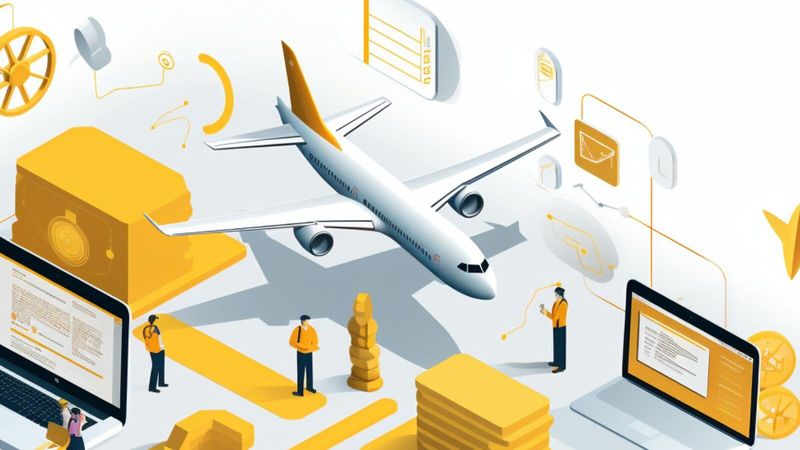
The days of fixed airline ticket prices are fading. Dynamic pricing models, akin to those used by rideshare companies, are being implemented.
These models adjust fares based on demand, time, and other factors, offering potentially lower prices for flexible travelers. It’s a game-changer for budget-conscious flyers.
By 2025, expect most airlines to adopt this pricing strategy. It’s an approach that reflects the changing nature of travel economics, catering to diverse financial needs and preferences.
8. Virtual Reality Previews

Virtual reality is set to revolutionize travel planning. Airlines are offering VR previews of destinations, helping travelers choose their perfect vacation spot.
This immersive experience allows you to explore hotels, attractions, and more, all from the comfort of your home or airport lounge. It’s about making informed decisions that enhance your travel experience.
By 2025, expect VR previews to become a staple in the travel industry. It’s a technological leap that brings the world closer to those eager to explore new places.
9. Enhanced Baggage Tracking
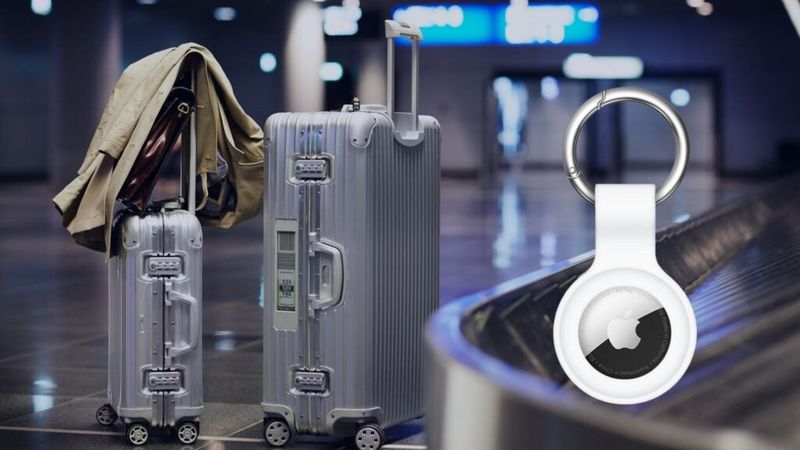
Losing luggage may soon be a thing of the past. Enhanced baggage tracking systems provide real-time updates on your belongings.
Using advanced technology, travelers can now monitor their luggage from check-in to arrival. This innovation aims to minimize the stress of lost bags.
By 2025, airlines will widely implement this feature, offering peace of mind to passengers. It’s about ensuring that your luggage arrives safely, enhancing the overall travel experience.
10. Self-Cleaning Cabins
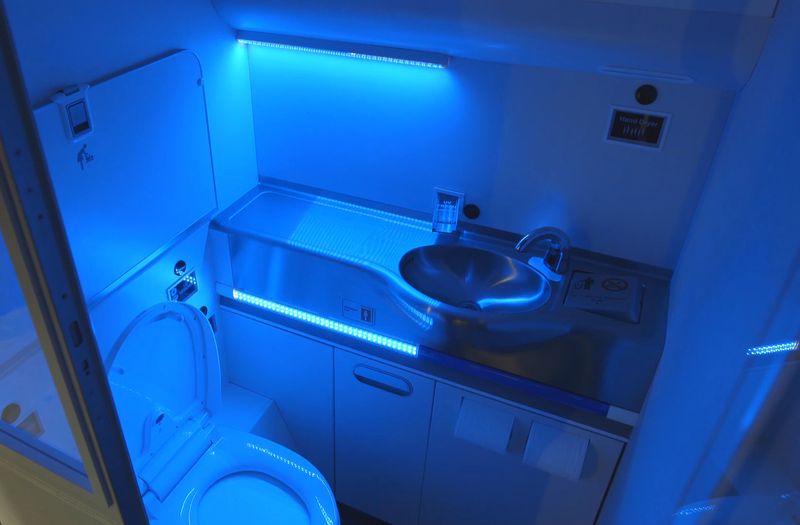
Hygiene is taking center stage in the travel industry. Self-cleaning cabins, utilizing UV light and antimicrobial materials, are emerging.
These technologies aim to maintain a germ-free environment, addressing travelers’ health concerns. Cleanliness is crucial, especially post-pandemic, and airlines are committed to ensuring passenger safety.
By 2025, expect self-cleaning technologies to be standard across many airlines. It’s about providing a safe and hygienic environment, allowing passengers to travel with confidence.
11. Contactless Payments
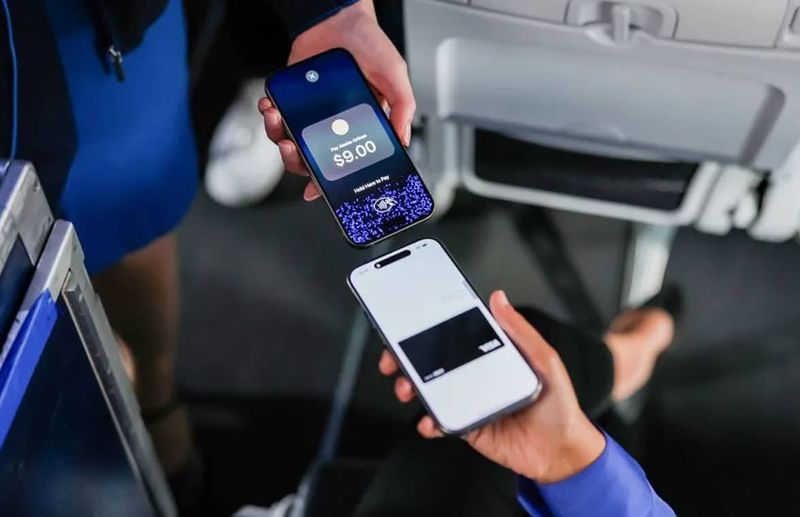
Say goodbye to cash and cards on flights. Contactless payments are becoming a norm, simplifying transactions for travelers.
Whether purchasing snacks or duty-free items, you can now pay with a tap of your smartphone. This shift towards digital payments enhances convenience.
By 2025, contactless transactions will dominate in-flight purchases, reflecting broader trends in global commerce. It’s about streamlining the travel experience, aligning with modern consumer habits.
12. Expanded Wi-Fi Connectivity
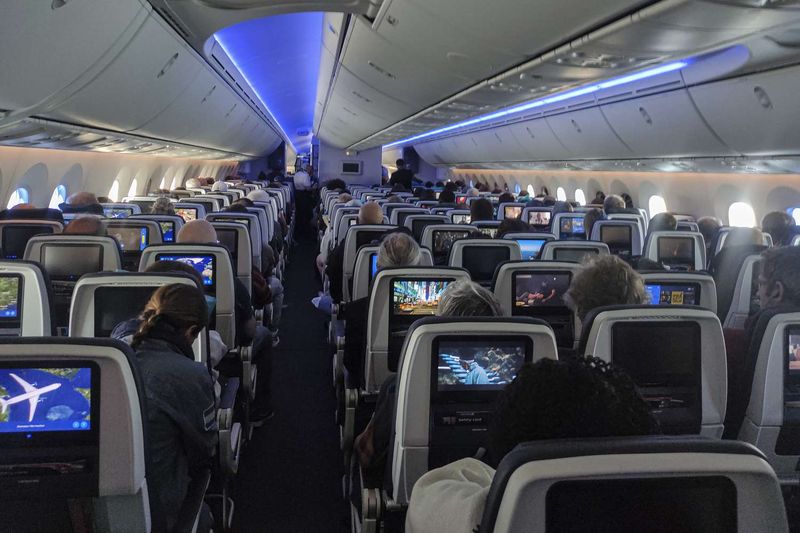
Staying connected at 30,000 feet is no longer a luxury. Expanded Wi-Fi connectivity is becoming a standard feature on flights.
High-speed internet access ensures you can work, stream, or communicate seamlessly during your journey. It’s a feature that resonates with business travelers and leisure flyers alike.
By 2025, expect airlines to prioritize robust Wi-Fi services. This advancement caters to the digital age, offering uninterrupted connectivity that enhances the flying experience.
13. Sustainable Food Options

Airlines are reimagining in-flight dining with sustainable food options. Expect plant-based meals and locally sourced ingredients to dominate menus.
These offerings align with increasing demand for eco-friendly and healthy choices. Travelers can enjoy delicious meals while minimizing their environmental impact.
By 2025, sustainable food practices will be a hallmark of airline services. It’s about catering to evolving consumer preferences, ensuring that meals are both satisfying and responsible.
14. Remote Work Travel Packages

The rise of remote work has prompted airlines to offer travel packages tailored to digital nomads. These packages include flexible booking options and discounts on extended stays.
Designed for those who can work from anywhere, these packages make integrating work and travel seamless.
By 2025, expect to see more airlines marketing to remote workers. It’s about recognizing the changing landscape of work and leisure, providing solutions that fit the modern lifestyle.
15. Noise-Cancelling Cabins
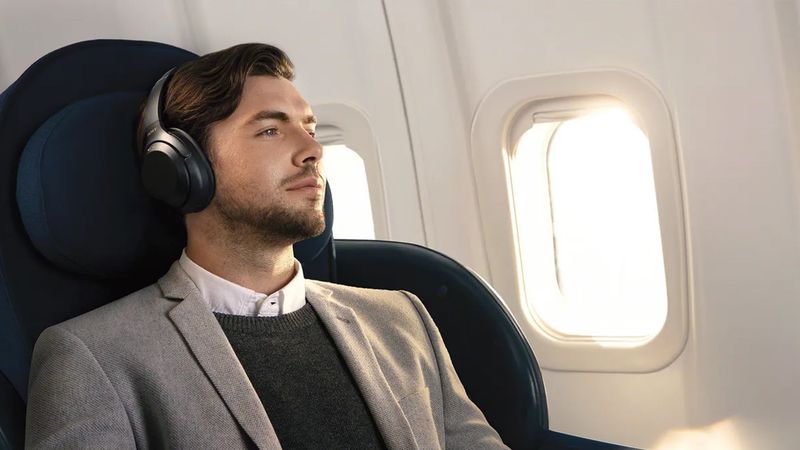
Enjoy serenity in the skies with noise-cancelling cabins. This technology blocks out ambient sound, providing a quieter and more comfortable flight.
For those sensitive to noise, this feature enhances relaxation and rest. Airlines are investing in innovative materials and designs to create a peaceful environment.
By 2025, expect noise-cancelling features to be a standard offering. It’s about improving the quality of air travel, ensuring passengers can enjoy a truly restful journey.

